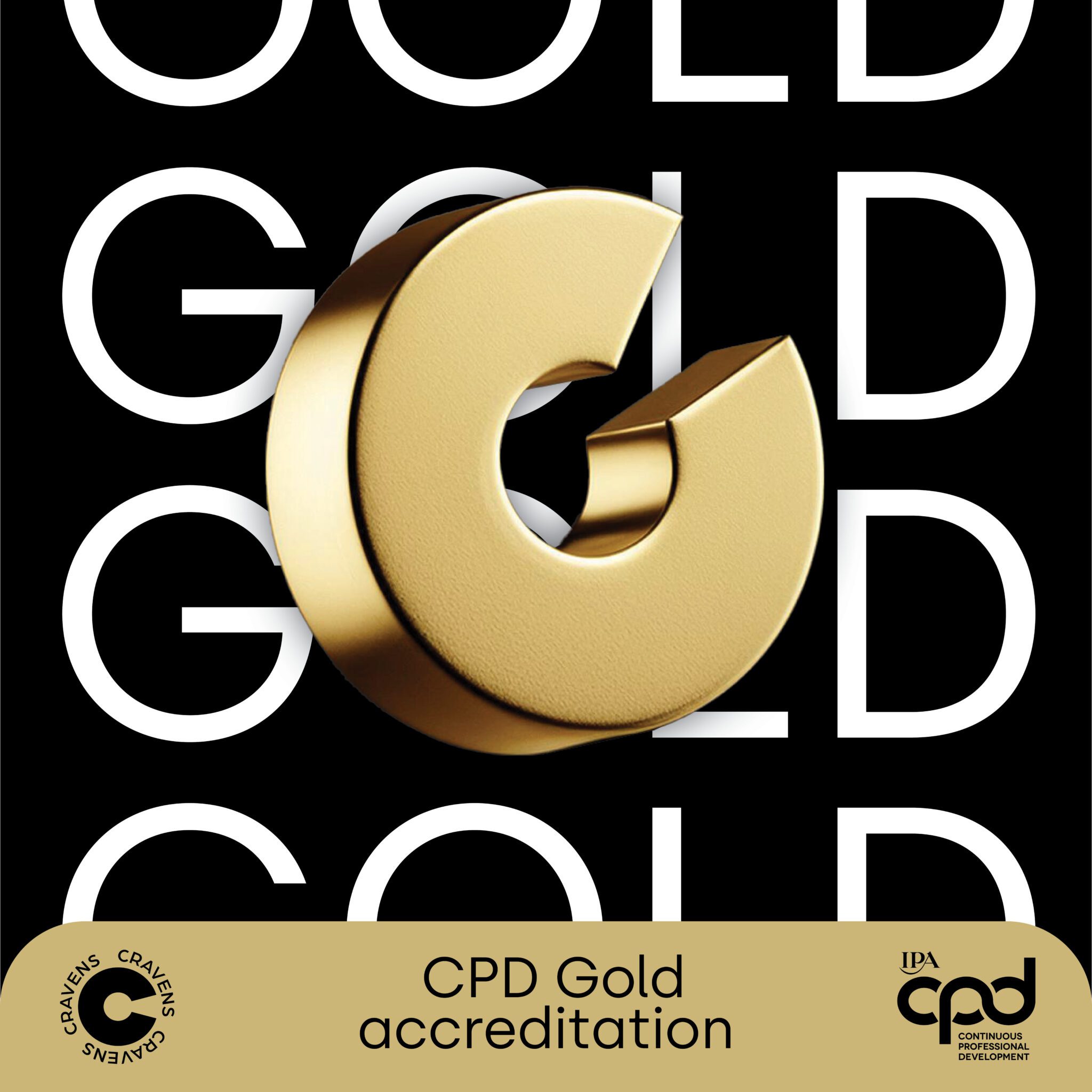Our industry governing body the IPA has just held it’s first Effectiveness Week. A series of events bringing together the client, creative, media and research communities to share latest thinking, insight, best practice and debate. Central to the week was a two day conference held at BAFTA.
Highlights included:
- Nigel Gibert from TSB highlighting the importance of long term goal setting and strategy leading to business enhancing ‘boom loops’ vs short term promotional ‘doom loops.’
- Alison Lomax from Google on a ‘test and measure’ culture along with the wonderfully Googley term ‘sunsetting’ to describe ditching failed projects
- Industry legends Les Binet and Peter Field talking ‘effectiveness in the digital age’ and mining insights from the IPA Databank
- Tom Davenport from MIT scaring the hell out of the room with projections of Marketing 4.0 ‘The Age of Automation’ and the slim chance of marketeers holding down human jobs against the march of the AI bots
- Everyone talking Byron Sharp and Daniel Kahneman
- Jeremy Ellis from TUI on how customer experience is a primary driver brand value and reminding the room that $1billion+ investment in a new fleet of A380 Dreamliners will shift the dials more than an ad campaign
- The living embodiment of nominative determinism, mountaineer Kenton Cool on the importance of strategic objective setting: ’getting to the top is optional….getting down is mandatory.’
So amidst this tsunami of insight and opinion what was my key outtake? The North Star thought that I’d use to guide my and Cravens thinking on effectiveness? Effective is much, much BIGGER than being efficient.
Micro-targeting, personalised ad units, econometrically modelled bi weekly optimised channel ROI, AI driven creative.
“Forget your five fancy named customer segments… you now should target in segments of one!” came the cry from the AI acolytes.
At times it felt like Efficiency Week. Marketing getting more tailored, targeted, in the moment and… well… small. But then we heard inspirational Tanya Joseph from Sport England. A big problem for a big target group. Women engage in sport in far fewer numbers than men.
A big universal insight, ‘fear of judgement’ was the barrier to participation. And a big idea in ‘THIS GIRL CAN’ that drove huge response in participation.
Marketing is most effective when it is driven by big business transforming goals. When there is a big insight based strategy that aligns the boardroom, customer experience and comms. Big long-term coherence wins over short-term tactics.
And whisper it, big old-fashioned TV advertising still delivers more cost effective ROI than any other channel.
Of course efficiency is vital but it is an ingredient of effectiveness. Which is a much, much bigger thing.




